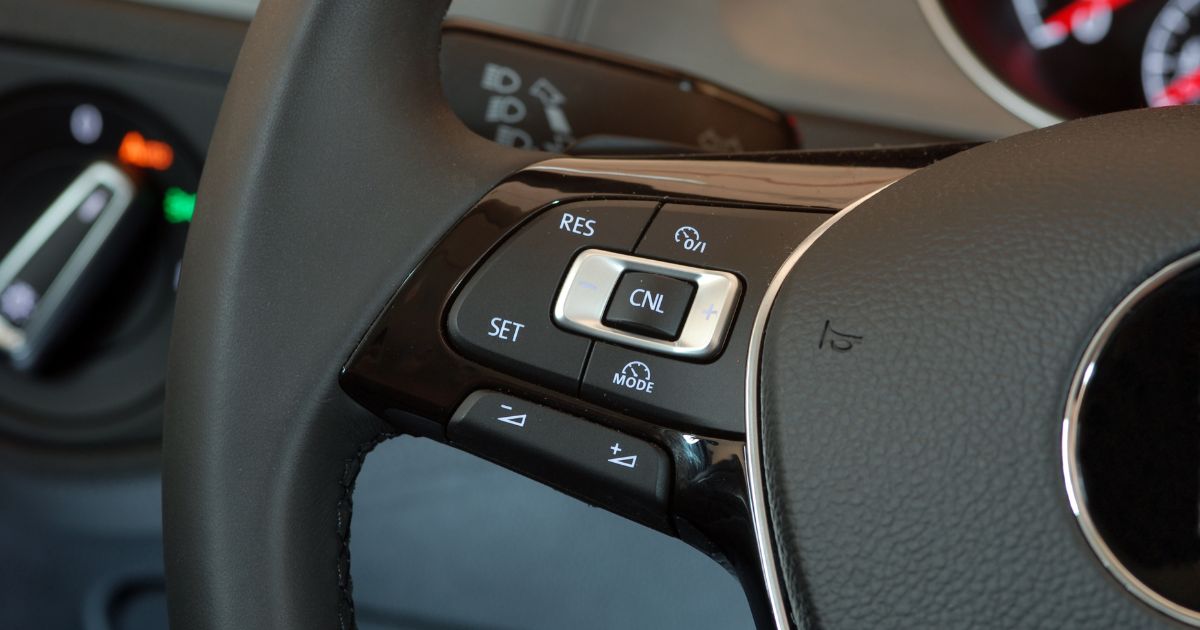MENU
- Home
- Overview
- Attorneys
- Practice Areas
- Firm News
- Blog
- Contact

These days, cars include a number of safety features that are intended to reduce the risk of a car accident. One of these innovations is adaptive cruise control. This is a system that is designed to help drivers brake and keep a safe following distance between them and other cars. Adaptive cruise control can also assist the driver in remaining under the speed limit. However, this system can also be a danger to other drivers on the road.
Adaptive cruise control functions by using a network of sensors and radar to detect both the speed at which the car is traveling and the location of other vehicles on the road. The system may warn drivers of a potential rear-end collision if they are too close to a vehicle in front of them. If adaptive cruise control works and is used properly, it should help drivers avoid getting too close to the car in front of them. Drivers will have better spatial awareness and should be better able to avoid accidents.
There are also limitations to using adaptive cruise control. No matter what drivers think, adaptive cruise control is not intended to be an autonomous system. It is not anything like a self-driving car, even though drivers may think it is. Adaptive cruise control is solely intended to assist drivers, as opposed to doing the work for them. The system is in no way intended to be a substitute for safe driving habits and full attention to the road.
If a driver relies solely on adaptive cruise control, it is a surefire way to end up in a serious accident. Drivers may end up being overconfident when they have an adaptive cruise control. They could speed, thinking that the system would help them avoid an accident. In fact, what is meant to be a safety device often leads to more dangerous driving habits.
Adaptive cruise control has failed at times. The system itself can be subject to a malfunction. The sensors may not work, or they may not accurately detect the speed of your vehicle and the cars around you on the road. Adaptive cruise control is most likely to fail in inclement weather. The sensors may not be able to pick up anything when they are obscured by rain or snow. Further, there have been numerous instances in which adaptive cruise control systems needed to be recalled to repair defects in the system itself.
You may suffer serious injuries in an adaptive cruise control accident. The most common type of accident that is caused by either a defective system or a driver who is misusing it is a rear-end crash. Here, there may be multiple parties responsible for the accident. You may be able to sue the driver who was at fault for the crash. They cannot necessarily point to the adaptive cruise control system as the cause of the accident if they were the ones who were misusing it. You may also be able to sue the manufacturer of the system if the accident was caused by a defect. An experienced attorney could investigate the cause of the accident and help you determine potentially responsible parties.
If you have been injured in a crash caused by adaptive cruise control, reach out to a Wilmington car accident lawyer at Jacobs & Crumplar, P.A. Our lawyers can pinpoint the cause of the accident and help you seek financial compensation when someone else was to blame for it. You should call us today at 302-656-5445 or use our online contact form to schedule a free initial consultation with one of our attorneys, where we will discuss your case and advise you of the next steps. We have offices in New Castle and Millsboro, Delaware, and we serve clients in New Castle County, Kent County, and Sussex County.